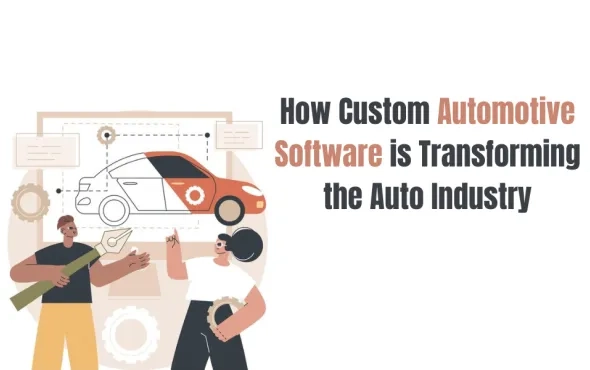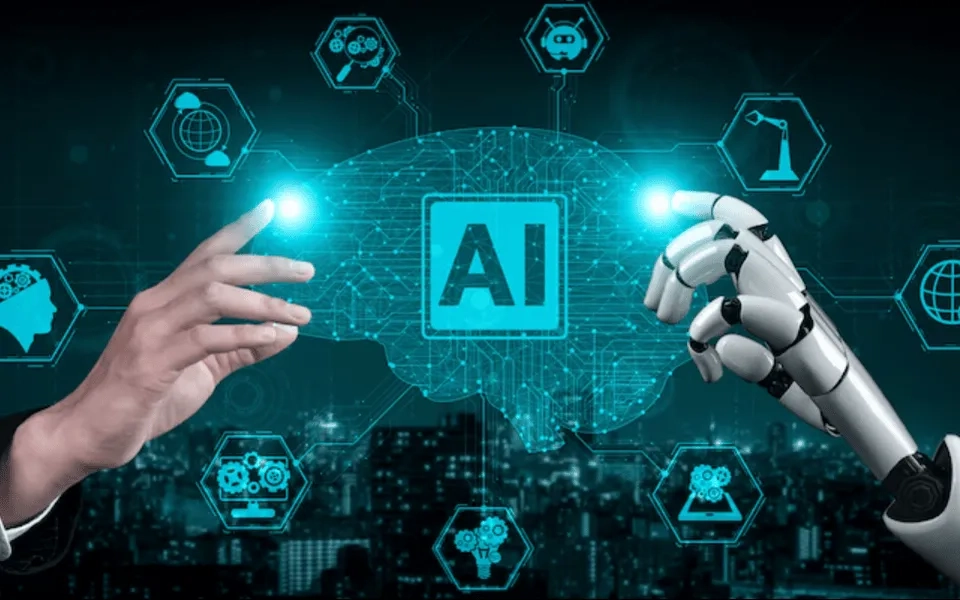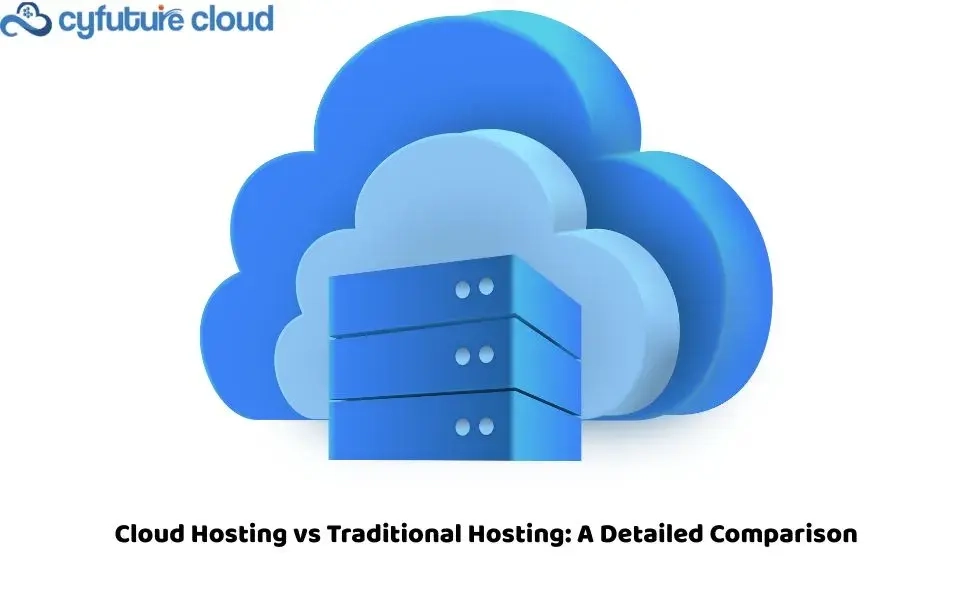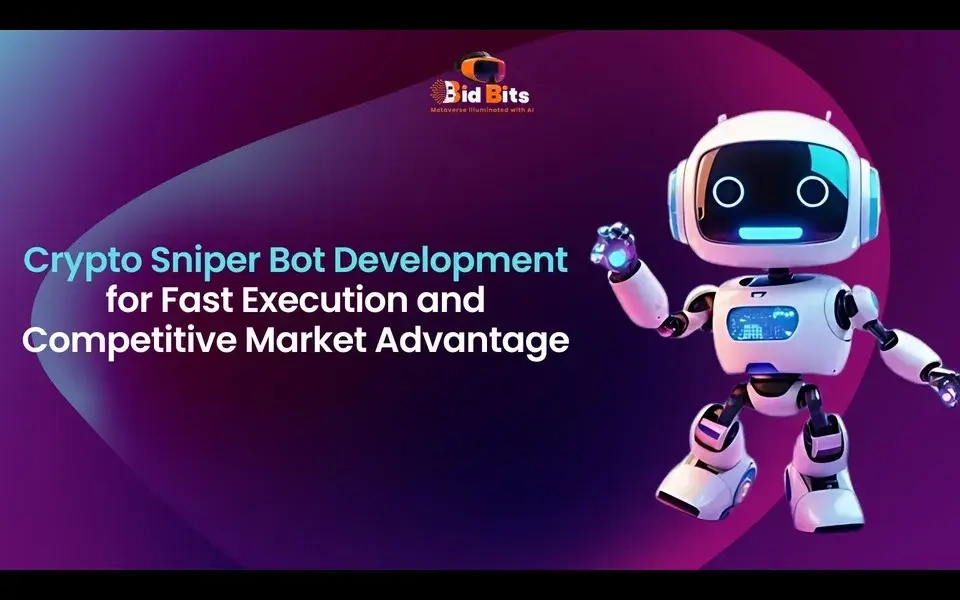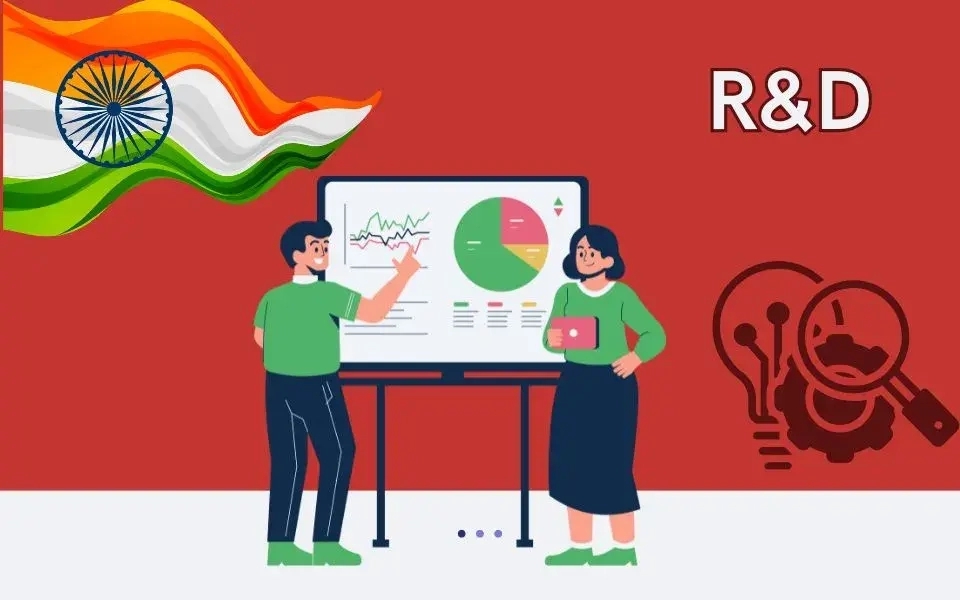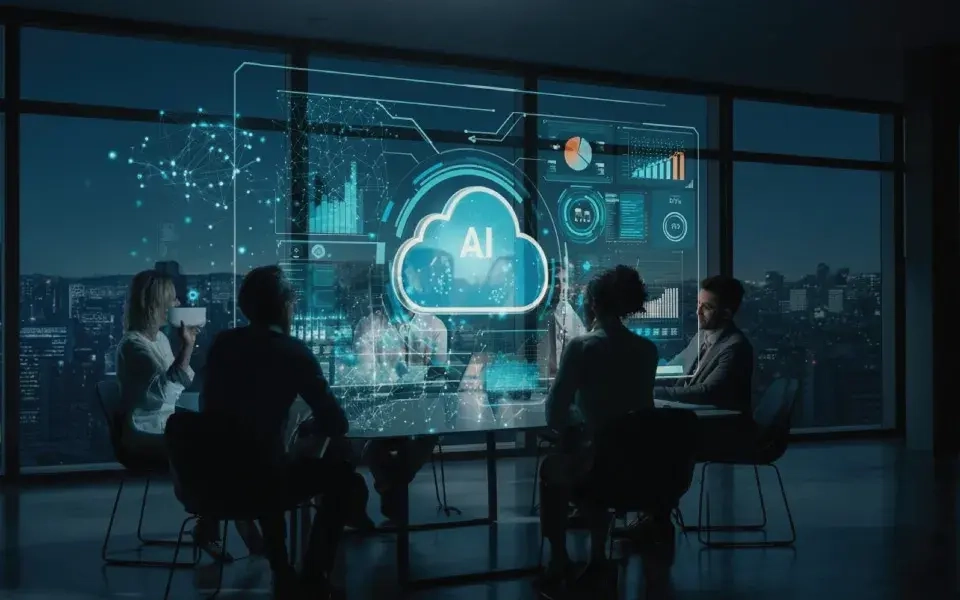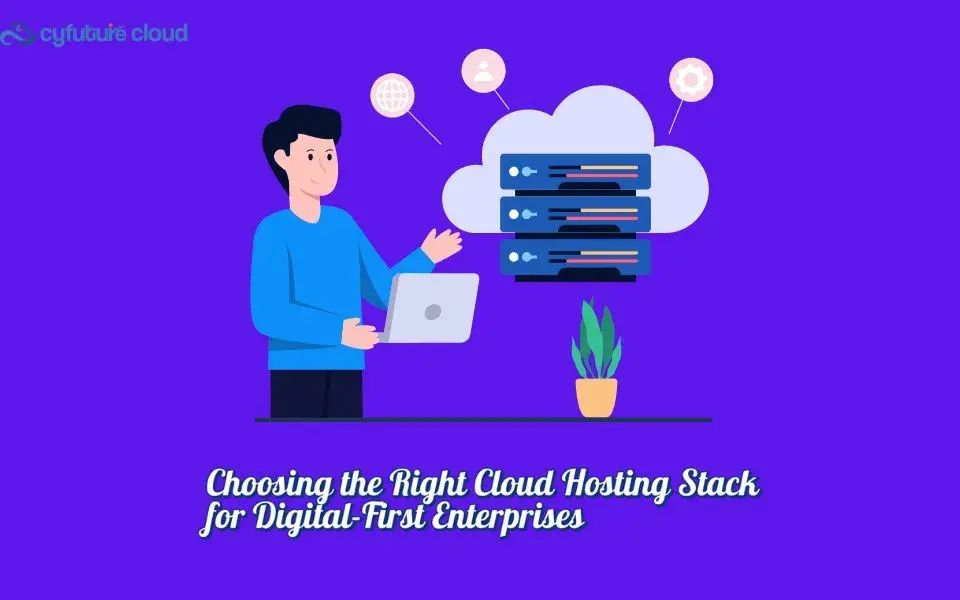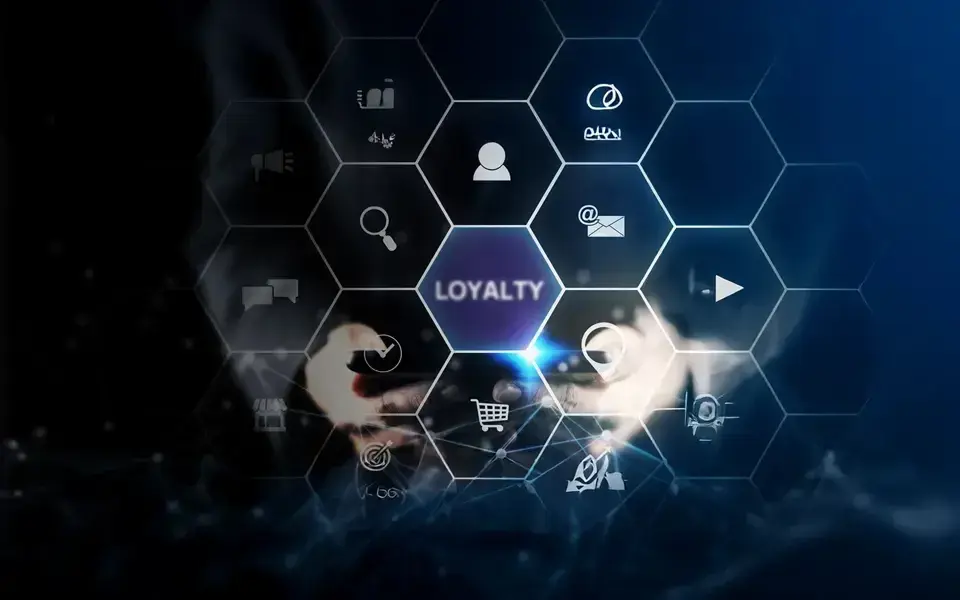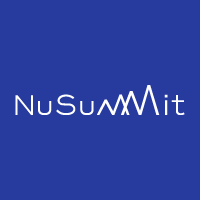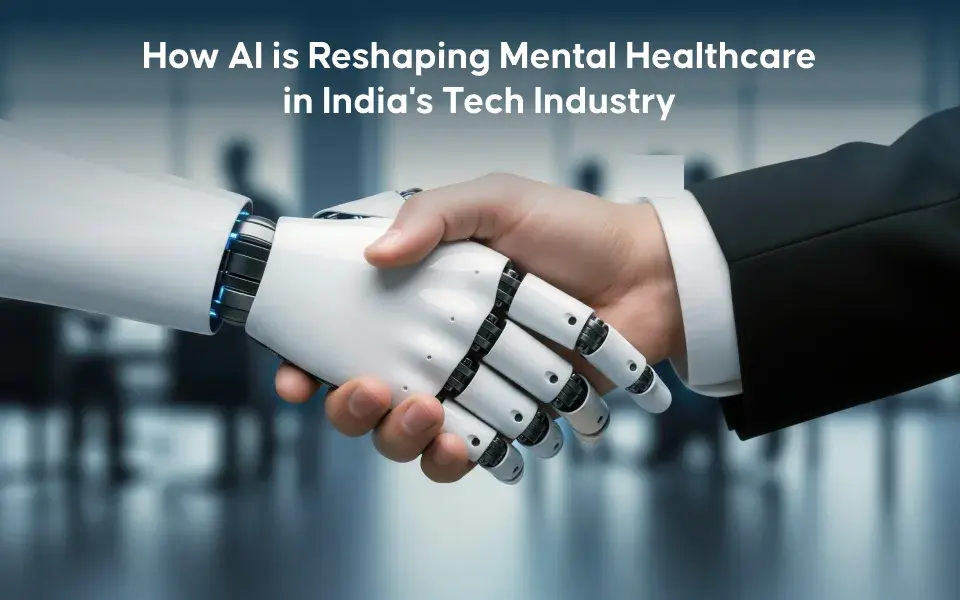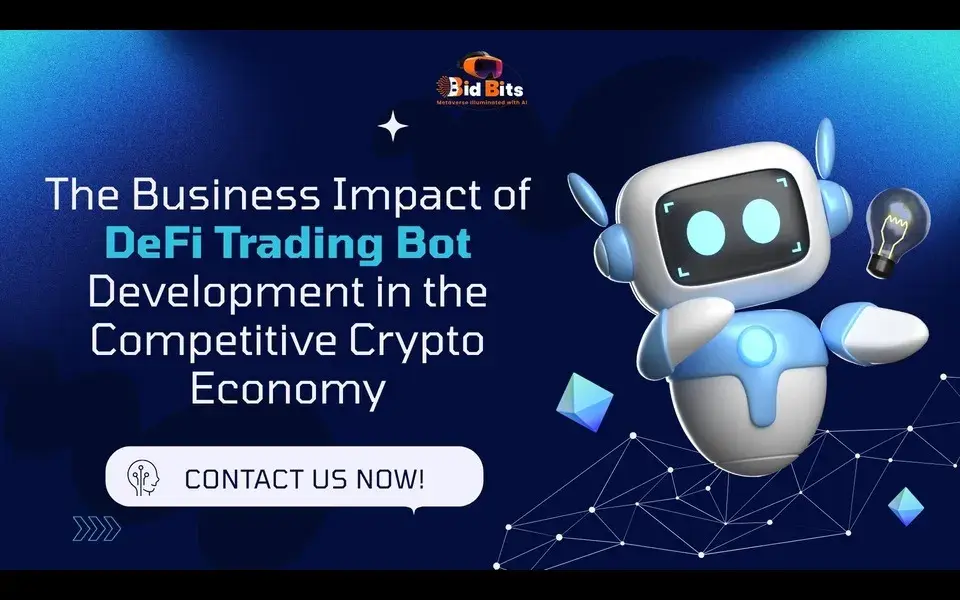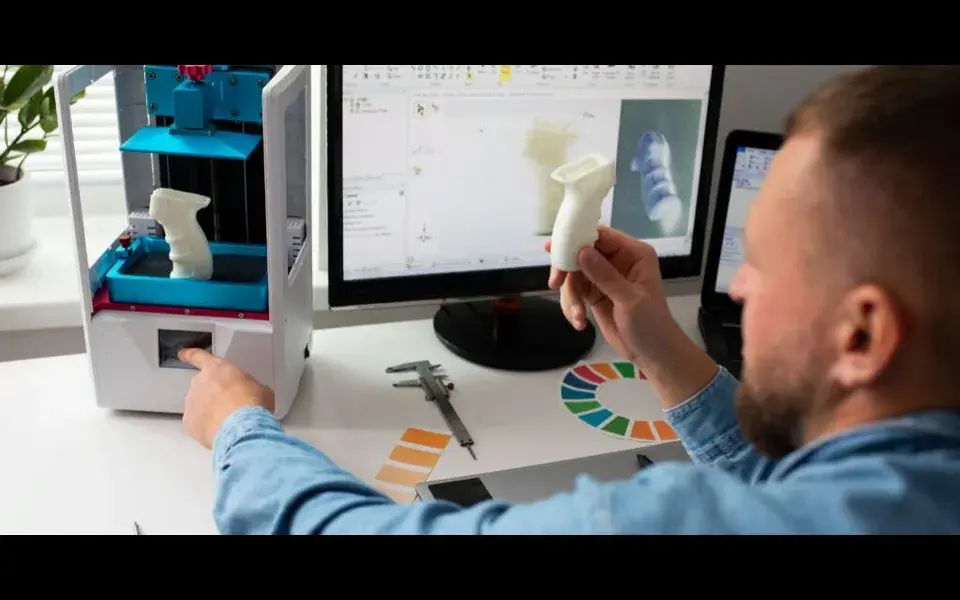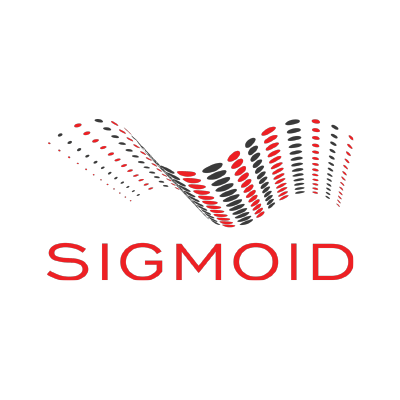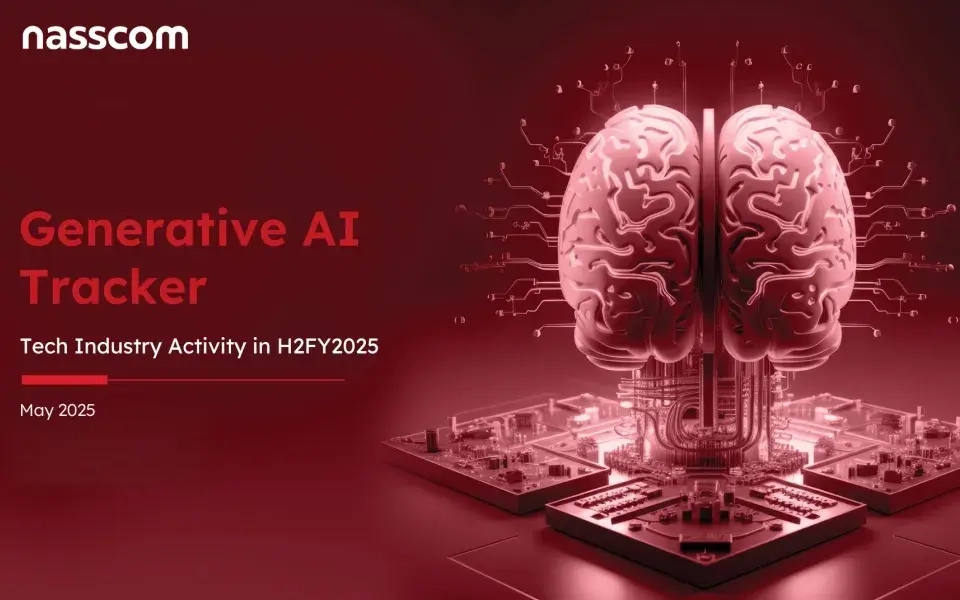Introduction
The automotive industry is undergoing a massive technological overhaul, marked by a swift shift from traditional hardware-driven engineering to software-led innovation. This revolution — often referred to as the automotive digital transformation — is driven by the integration of advanced computing, data analytics, connectivity, and cloud technologies into modern vehicles.
A decade ago, vehicles were largely mechanical machines with minimal digital functionality. Today, they are smart platforms on wheels — equipped with touchscreens, embedded sensors, real-time data exchange capabilities, and intelligent driving systems. In this evolution, custom automotive software is playing a pivotal role.
Custom software solutions are developed specifically for the unique requirements of automakers, OEMs, or mobility startups. Unlike generic or off-the-shelf products, these solutions offer full customization, allowing companies to build smarter, safer, and more connected vehicles that meet user demands and regulatory standards.
As vehicles evolve into software-defined vehicles (SDVs) — where critical operations, user experience, and even monetization depend on software — the importance of investing in tailored automotive IT solutions becomes clearer. Features like autonomous driving, predictive maintenance, and remote diagnostics are no longer futuristic add-ons but expected capabilities.
This blog will explore what custom automotive software is, why it's essential in today’s landscape, how smart software is driving innovation, and what the future holds for automotive software development.
What is Custom Automotive Software?
Custom automotive software refers to purpose-built digital solutions designed to meet the specific needs of automotive businesses and their end users. Unlike generic, off-the-shelf software, custom solutions are engineered to align perfectly with an organization’s objectives, systems, and customer expectations.
Off-the-shelf software often comes with limitations. It is built for mass adoption, which means features may be too broad, irrelevant, or incompatible with proprietary hardware and workflows. In contrast, tailor-made software allows full control over architecture, features, integrations, and scalability. For instance, an EV manufacturer might require bespoke battery management systems or unique UI designs that can’t be supported by generic platforms.
Custom solutions are ideal for scenarios where performance, compliance, user experience, or operational efficiency are paramount. This includes embedded systems, infotainment platforms, telematics, over-the-air (OTA) update mechanisms, and driver assistance systems.
Furthermore, custom software enables greater security and compliance. With full ownership of code and infrastructure, companies can more easily meet stringent automotive cybersecurity standards and regulatory frameworks. By investing in tailored automotive IT solutions, stakeholders ensure long-term adaptability and future readiness.
Why the Auto Industry Needs Customization Now More Than Ever
The automotive sector is being redefined by a set of global trends that demand agility and innovation, both of which are difficult to achieve with generic solutions. Customization is no longer optional; it’s a strategic imperative.
1. EVs and Autonomy:
Electric vehicles require entirely different software stacks than traditional combustion-engine cars. Battery management systems, powertrain optimization, regenerative braking, and real-time thermal monitoring all benefit from bespoke software. The push toward autonomous vehicles adds even more complexity, with LiDAR integration, sensor fusion, AI models, and real-time decision-making algorithms all needing custom development.
2. Real-time Diagnostics & OTA Updates:
Gone are the days of bringing your car to the shop for every minor issue. With smart software solutions, cars can now diagnose problems in real time and receive updates over the air. These features require deeply integrated, secure software that can’t be achieved with off-the-shelf systems.
3. Personalized User Experience:
Today’s consumers expect their vehicles to offer seamless infotainment, personalized profiles, voice assistants, and intuitive interfaces. This level of UX customization demands back-end systems tailored for specific hardware, screen resolutions, and interaction models.
4. Compliance & Cybersecurity:
As regulatory frameworks tighten, manufacturers must comply with international safety and security standards. Custom software enables precise documentation, testing, and patching protocols that are essential for compliance.
Customization provides a way for brands to stand out and create products that not only meet functional needs but also deliver emotional value, something critical in a hyper-competitive market.
Smart Software Solutions Driving Innovation
Smart software solutions are at the heart of the automotive industry’s innovation engine. They are redefining what’s possible in vehicle design, customer experience, and fleet management.
AI-Based Driver Monitoring:
Using cameras and sensors, AI systems monitor driver behavior—detecting drowsiness, distractions, or dangerous habits. This proactive safety feature is only possible with finely tuned software capable of real-time processing and learning.
Smart Navigation and Route Optimization:
GPS navigation has evolved into AI-driven route planning. These systems analyze real-time traffic, weather, and driver history to suggest optimal routes. Integration with smart cities and IoT infrastructure enhances this functionality further.
Voice Assistants & UI Personalization:
Drivers now expect in-car systems to behave like smartphones. Natural language processing (NLP), context awareness, and adaptive interfaces create seamless interactions. Custom automotive software enables such personalization, supporting multiple user profiles, languages, and behavior tracking.
Cloud-Connected Fleet Management:
For logistics and transportation businesses, custom-built fleet management tools allow real-time tracking, maintenance scheduling, and analytics. These cloud-based solutions integrate easily with third-party systems, offering end-to-end visibility and control.
All these innovations depend on agile, secure, and scalable software frameworks—ones that can only be developed through a custom automotive software development approach.
The Road Ahead: Future of Custom Automotive Software
The future of custom automotive software is closely tied to how cars will function in the next decade—primarily as software-defined vehicles (SDVs).
Software-Defined Vehicles (SDVs):
Future vehicles will separate hardware from software, allowing manufacturers to upgrade features without changing physical components. This flexibility will drive demand for modular, upgradable software platforms.
Subscription-Based Features:
More manufacturers are adopting a SaaS model, offering premium services like heated seats or performance boosts as monthly subscriptions. This requires a robust backend and dynamic licensing system—possible only with custom-built solutions.
Digital Twins & Simulation:
Digital twins enable real-time simulation of vehicle behavior, helping with predictive maintenance, autonomous training, and performance modeling. These tools must be closely integrated with manufacturing and operation systems through bespoke software.
Smart City Integration:
As urban areas adopt smart infrastructure, vehicles will need to communicate with traffic signals, parking systems, and charging stations. Custom software will facilitate seamless integration and data sharing between cars and city systems.
In the long run, only those players who invest in custom automotive IT solutions will be able to adapt and lead in a future dominated by connectivity, intelligence, and automation.
Conclusion
The automotive industry is no longer driven by horsepower alone—it’s driven by code. As vehicles evolve into mobile computing platforms, the need for custom automotive software becomes not just important but mission-critical.
From enhancing safety and performance to enabling completely new business models like vehicle subscriptions or autonomous taxi fleets, custom software provides the flexibility and control companies need to stay ahead. Unlike off-the-shelf tools that offer general solutions, custom software delivers precision, security, and brand uniqueness.
For automotive manufacturers and OEMs, investing in custom platforms helps create smarter, safer, and more connected vehicles. For tech startups and developers, it opens opportunities to disrupt traditional models with innovative services. Dealerships and service providers benefit from better diagnostics and customer engagement. And for investors, the digital transformation of the auto industry signals a high-growth, high-tech frontier.
The future belongs to those who code it. Embracing automotive software development is not just about technology—it's about shaping mobility, business, and society in a smarter, safer, and more sustainable way.




